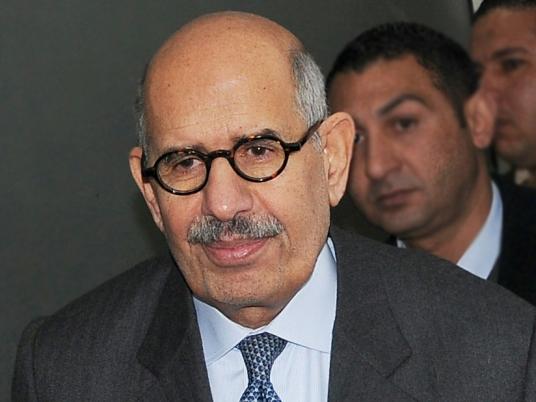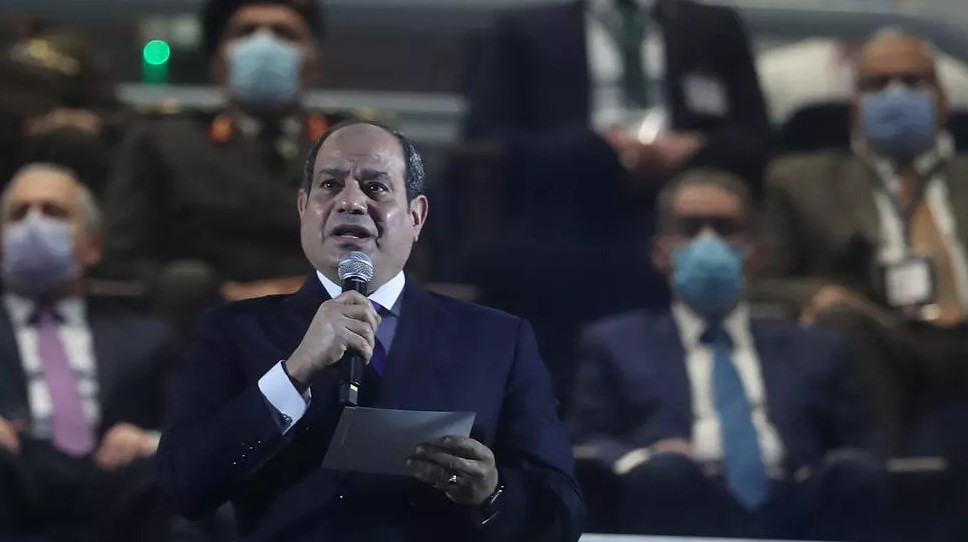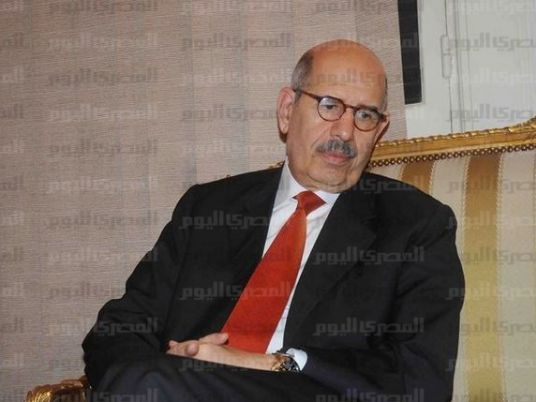A leading member of Egypt's ruling party said in an interview that the constitution would not be changed before the 2011 presidential election, quashing opposition calls for reforms it sees as crucial to a fair vote.
Safwat el-Sherif, secretary-general of President Hosni Mubarak's National Democratic Party (NDP), also dismissed opposition accusations of vote manipulation by the government made before a parliamentary election this Sunday.
President Hosni Mubarak's party is expected to sweep the parliamentary vote, which the opposition says has already been rigged against them. Critics say that rules for next year's presidential election also guarantee the ruling party wins.
"There is nothing new that is pressing for other constitutional amendments as we approach the six-year-term presidential elections," Sherif told Reuters on Wednesday.
No date has been set for the presidency vote, but Mubarak's term expires later next year.
Mubarak, 82, in power since 1981, has not said if he will seek re-election in 2011, although officials have indicated he is likely to run if he is able.
Many Egyptians believe the president will try to hand power to his son Gamal, 46, if he backs out.
"President Mubarak is the NDP's candidate unless he chooses otherwise," Sherif told Reuters.
The constitution, amended in 2007, says those not affiliated with a party cannot become presidential candidates unless they get the support of 250 elected lawmakers from both houses of parliament and local councils. The NDP dominates all these.
This effectively makes it impossible for independents, such as former UN nuclear watchdog chief Mohamed ElBaradei, to gather enough signatures to run. He has led a campaign by Web activists and others seeking constitutional changes.
Established parties can also field one of their senior members for such a vote. But Sherif heads a committee which approves applications to set up any party, thus giving the NDP a veto over new groups, and other existing parties are weak.
"We have fair and competitive elections and guarantees. No one is making an issue of it. But in principle the constitution adapts to changes," Sherif said.
ElBaradei has said he might run for president if the constitution was amended, but his campaign for change has fizzled and he has ruled out joining an existing party.
Protest groups like Kefaya and April Sixth have held political demonstrations against presidential succession to end the NDP's grip on next year's vote. But protests rarely number more than a few hundred and security is quick to smash them.
The Muslim Brotherhood, which now holds 20 percent of the seats in parliament, has accused the government of ordering security clampdowns on its members before the vote to neutralize them. They expect to win far fewer seats this time.
"These accusations mask their fear of looming failure and a feeling of weakness," Sherif said, in reference to charges by the Brotherhood, which runs candidates as independents to skirt an official ban on its activities.
The ruling party holds its annual conference on December 25-26, delayed from before the November parliamentary vote. Sherif quashed talk it could be used to discuss leadership changes.
"It will be a normal annual conference. There will not be anything new regarding a change in leadership," he said.



